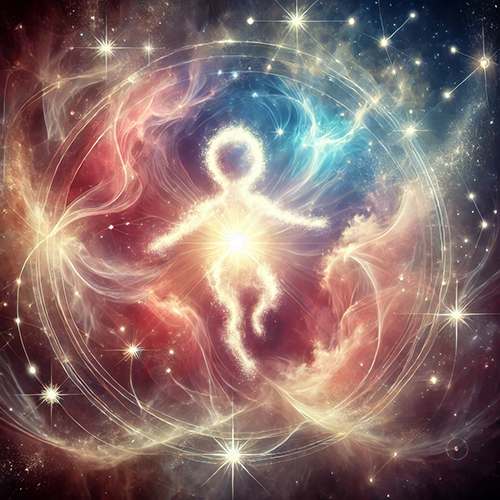Description
The “inner child” is a metaphor used to describe the psychological part of us that holds emotions, memories and experiences from childhood. Inner child trauma refers to those negative experiences and emotional wounds that have not been fully processed or healed and will have a profound impact on adult behavior, relationships, and mental health.
The sources of these traumas can be:
Physical or emotional abuse: Any form of violence or abuse can leave deep wounds that persist into adulthood.
Neglect: Lack of attention, affection and support from parents or carers can lead to feelings of worthlessness and insecurity.
Loss or separation: The death of a parent, divorce, or other forms of separation can create feelings of abandonment and insecurity.
Dysfunctional family environment: Growing up in an environment where there is constant conflict, substance abuse, or emotional instability can negatively affect a child’s development.
Inner child trauma can have multiple effects on adult life, influencing mental health, interpersonal relationships, and overall behavior. These effects include:
Anxiety and depression: Adults with unresolved childhood trauma may experience high levels of anxiety and depression.
Difficulties in relationships: Trust issues, fear of abandonment and difficulty forming healthy emotional bonds can be seen as repercussions.
Self-sabotaging behaviors: They may tend to sabotage their own success or happiness, either by making negative choices or avoiding opportunities.
Emotional regression: In stressful situations, adults can regress to childish behaviors, reacting from an infantile emotional state.
Facilitator Emanuela-Zoe Samara.
The event will take place online on the zoom platform.
For more details you can contact us privately on our Facebook page.



